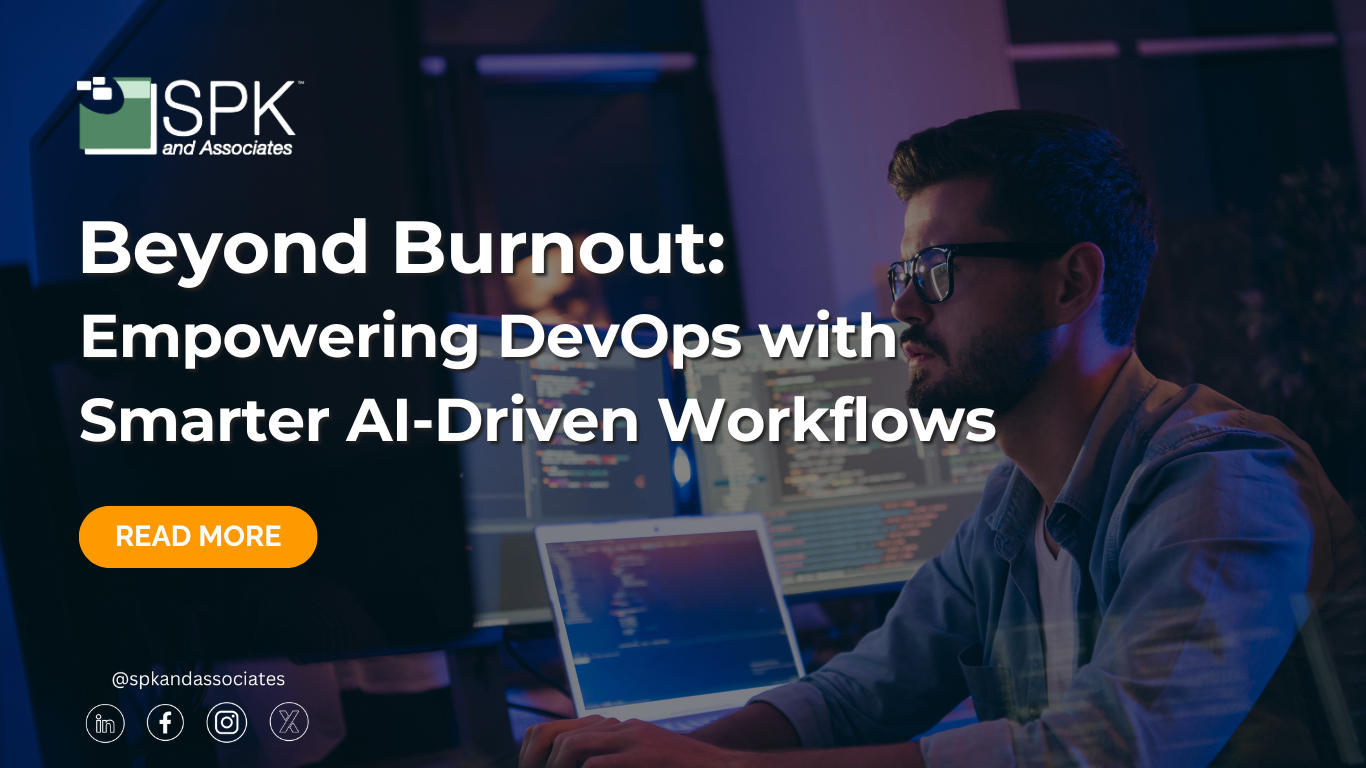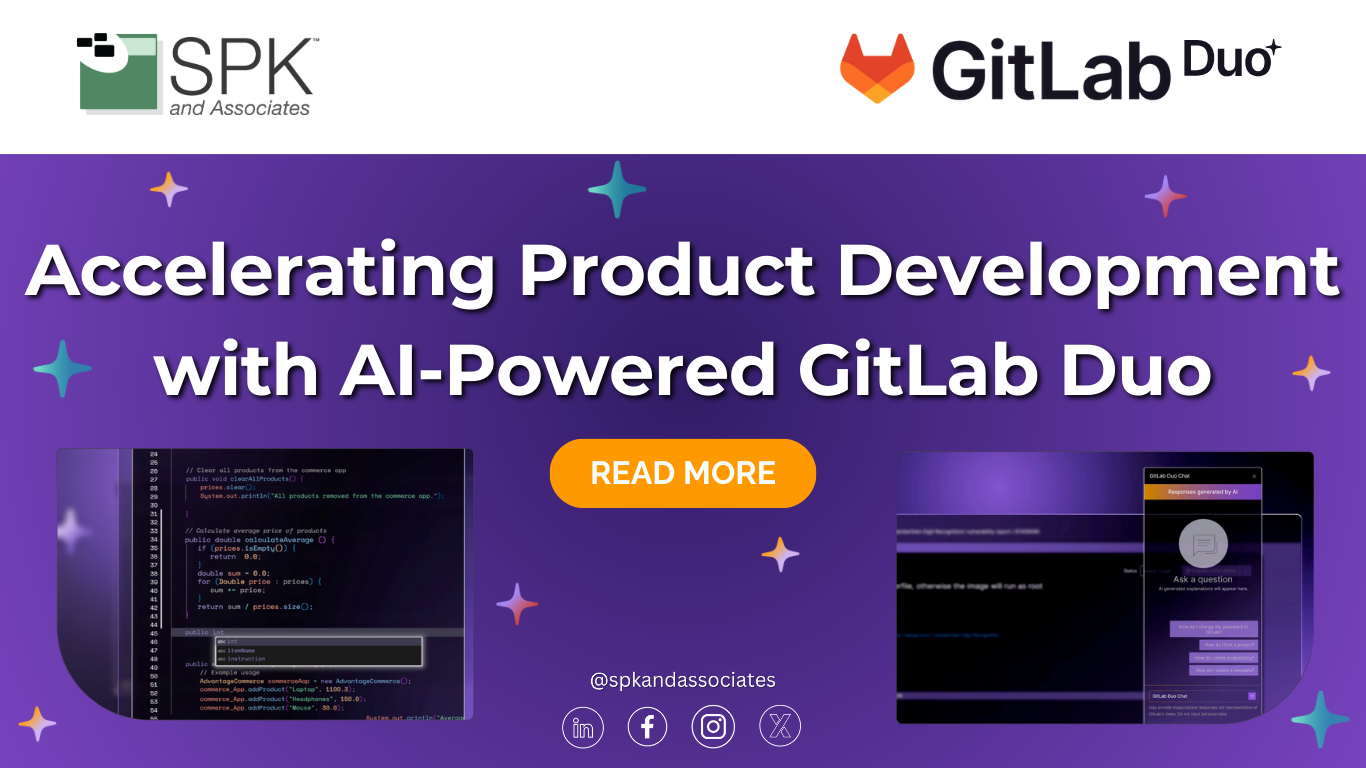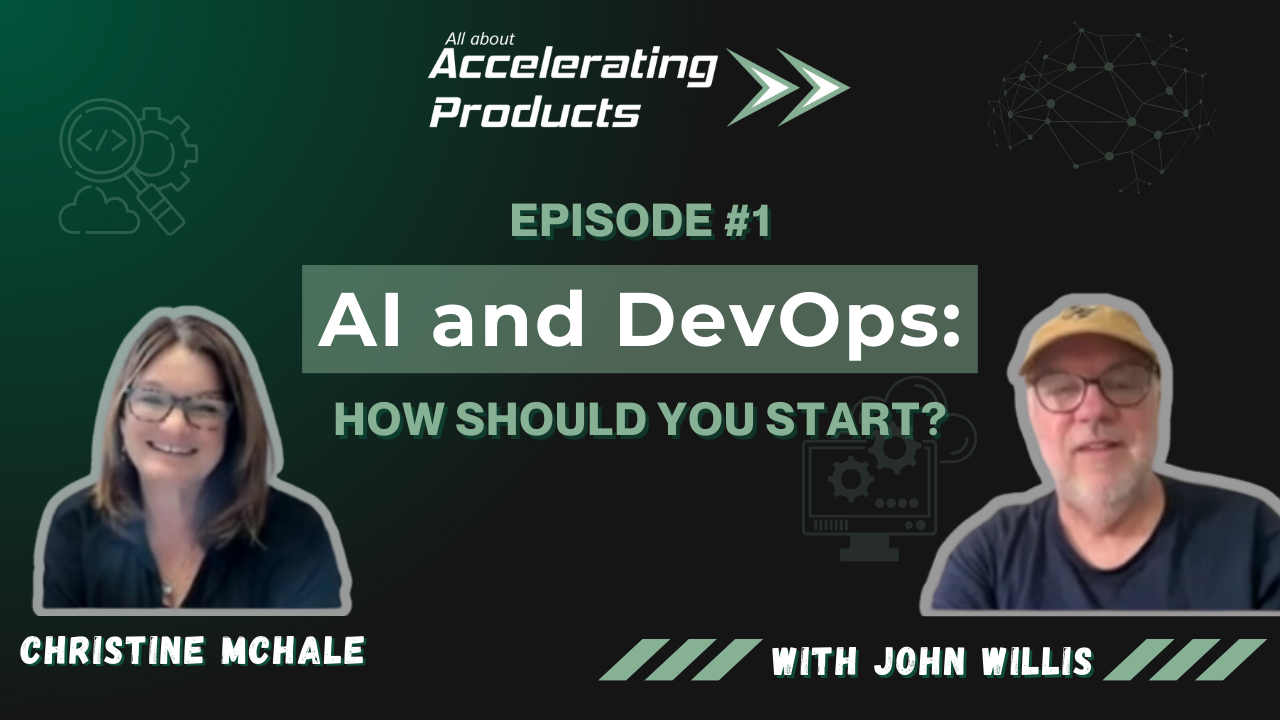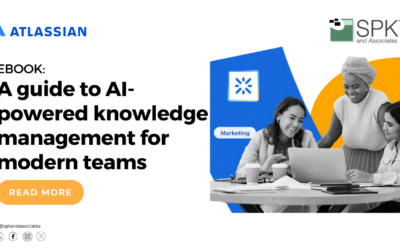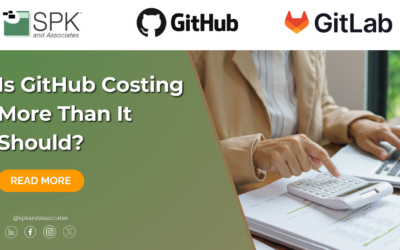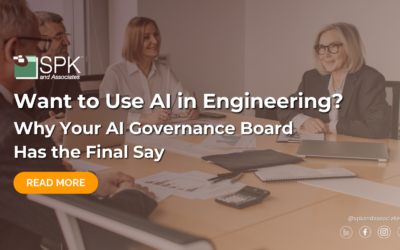In many organizations today, DevOps teams walk a tightrope between velocity and stability. They are constantly pressured to deliver faster while grappling with tool fragmentation, context switching, and alert fatigue. The result? Burnout, inefficiencies, and a growing “DevOps tax.” This tax is where precious engineering time is consumed by maintaining pipelines and integrations rather than building value. As the article “Speed Without the Stress: How AI Is Rewriting DevOps” observes, teams that drown in metrics and noise often lack actionable insight.
AI-Driven DevOps
AI offers a promising escape hatch. When embedded thoughtfully, AI can reduce friction in development workflows, elevate observability, and automate repetitive tasks. This gives engineers more time for innovation. Fortunately, companies like Atlassian have already baked AI directly into their tools. This includes Jira, Confluence, and Bitbucket via Atlassian Intelligence (and now Rovo agents). For example:
- Jira’s AI can help craft clearer issue descriptions, convert natural language queries into JQL, summarize long comment threads, and even auto-generate child tasks.
- Atlassian’s new Rovo agents (announced in 2025) include code planning, review, and deployment assistants. It also includes a context-aware search engine across Jira, docs, and code.
- Atlassian Intelligence uses a “teamwork graph” built from decades of product usage to tailor AI suggestions to how your team actually works.

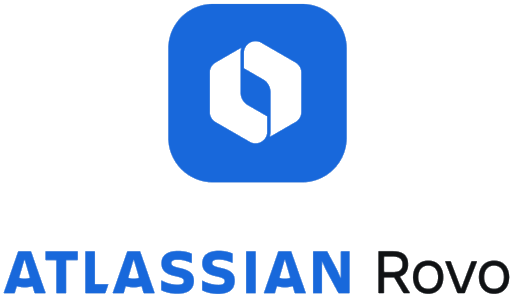
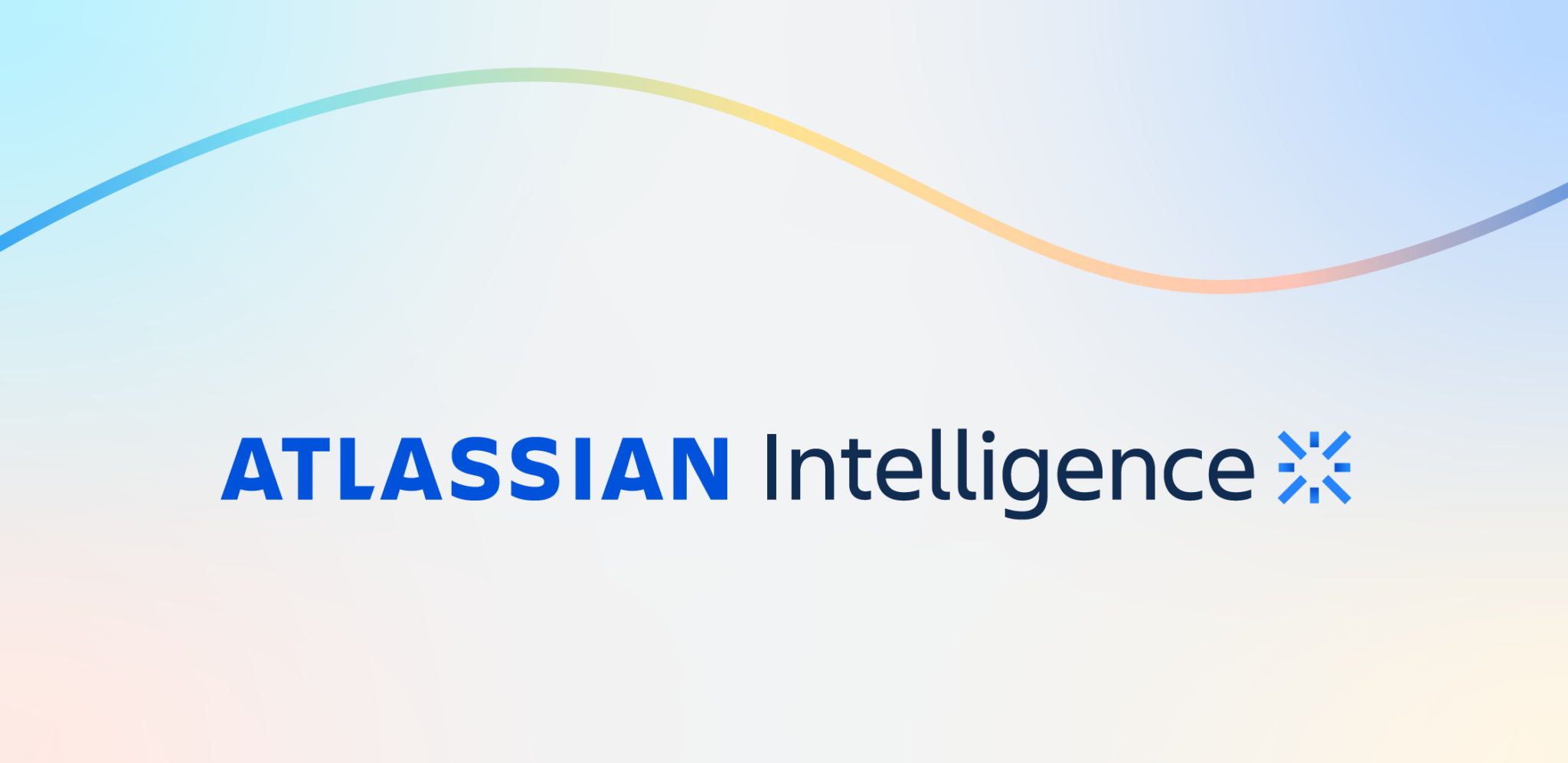
Meanwhile, GitLab is also pushing the frontier of AI in DevSecOps pipelines. This is done through smarter merge request suggestions, auto-remediation, and scan-based insights (especially in security and compliance stages). By being both the code host, CI/CD engine, and security gate, GitLab can act on AI-driven signals more holistically than point solutions. In addition to this, with Duo now in GitLab Premium, there’s not as much of a price objection anymore.
Even good old Microsoft is in the AI and DevOps game through its Azure Cognitive Services. Additionally, its AI builder can be used in DevOps use cases.
AI, DevOps and Business Outcomes
The business effects of this synergy are profound:
- Reduced overhead: As AI takes over manual chores like writing boilerplate, triaging alerts, summarizing logs, teams can reclaim time.
- Faster context switching: With AI surfacing relevant info, cross-team handoffs become smoother and less painful.
- Sharper decision-making: Rather than dumping more dashboards at engineers, AI can tie anomalies back to recent changes, giving clarity of “why” not just “what.”
- Cultural shift: DevOps becomes less about firefighting and more about orchestration, measurement, and proactive reliability.
Avoiding Burnout: Your Path Forward with AI and DevOps
Of course, AI isn’t magic. Biases, hallucinations, security and compliance implications, and trust concerns remain. However, with a design philosophy of “human-in-the-loop,” it’s possible to build workflows where AI amplifies human judgment rather than replaces it. There are strategies to reduce risk and keep things safe, and there is a right balance between risk and reward.
As DevOps scales in reach and complexity, AI is emerging as the force multiplier teams needed long ago. By aligning Atlassian’s AI-infused collaboration tools with GitLab’s unified DevSecOps platform, organizations can push past burnout toward sustainable, insight-driven delivery. If you want to learn more about AI and these platforms, contact our team today!


